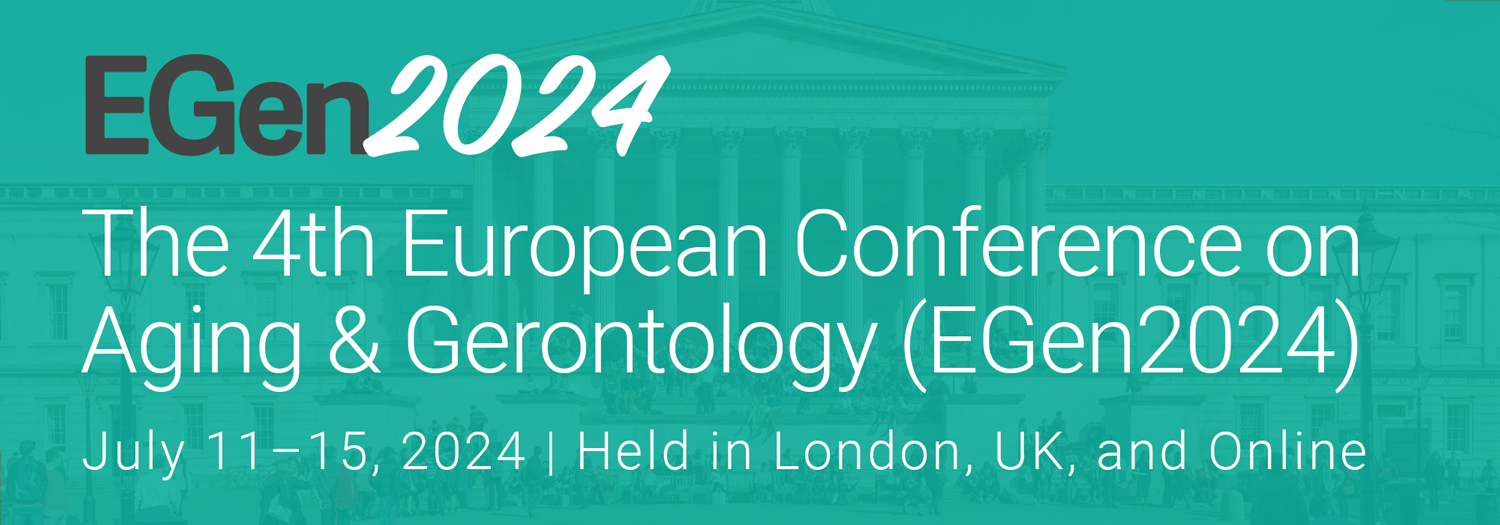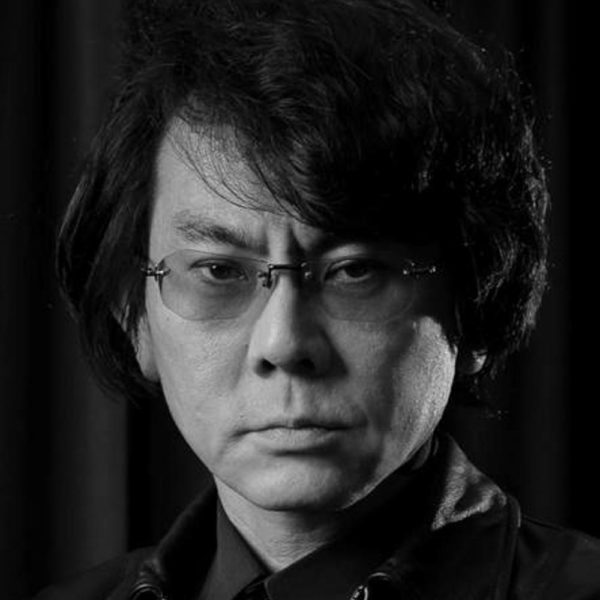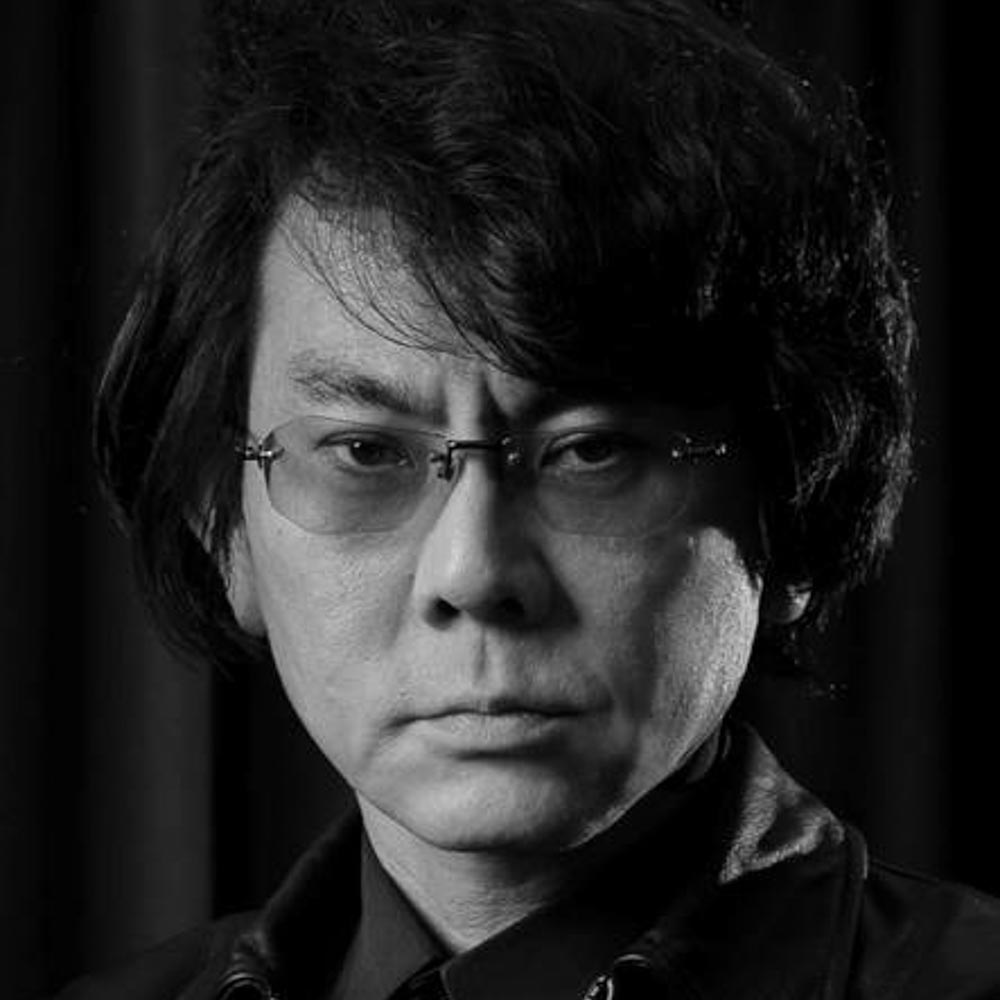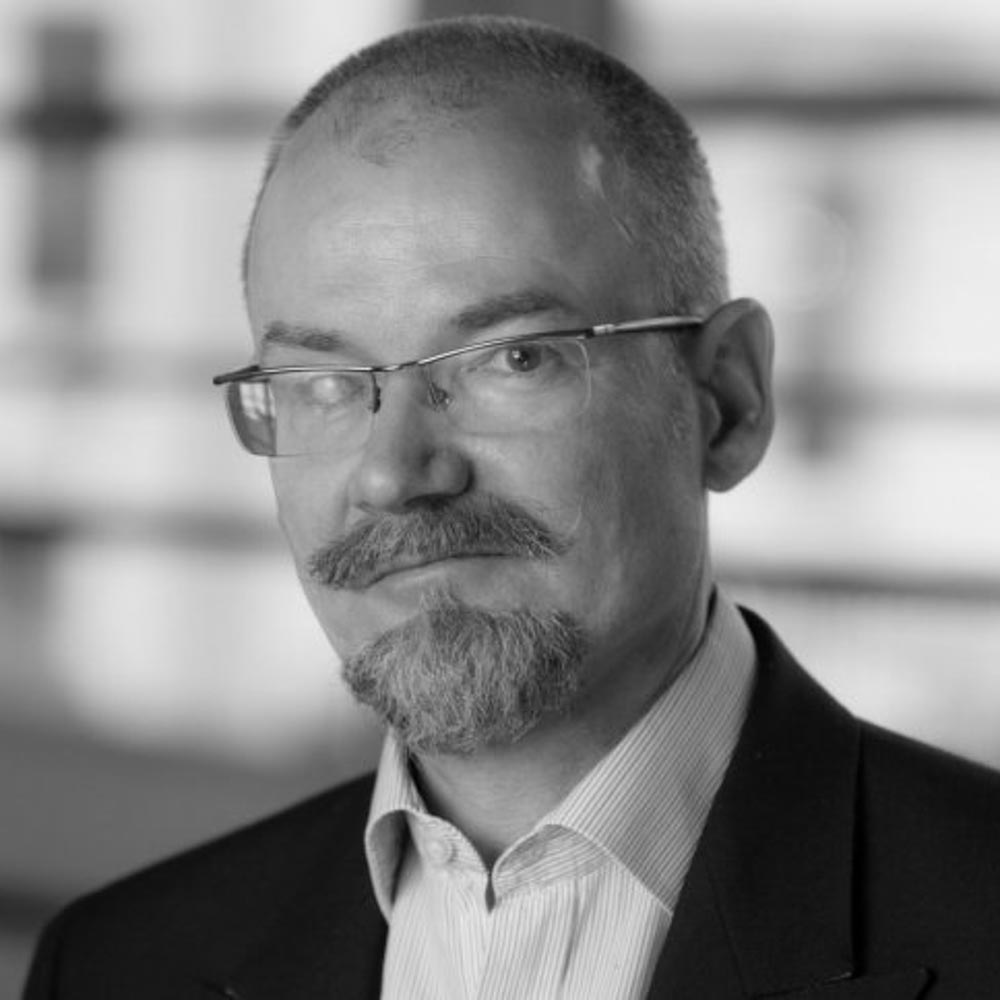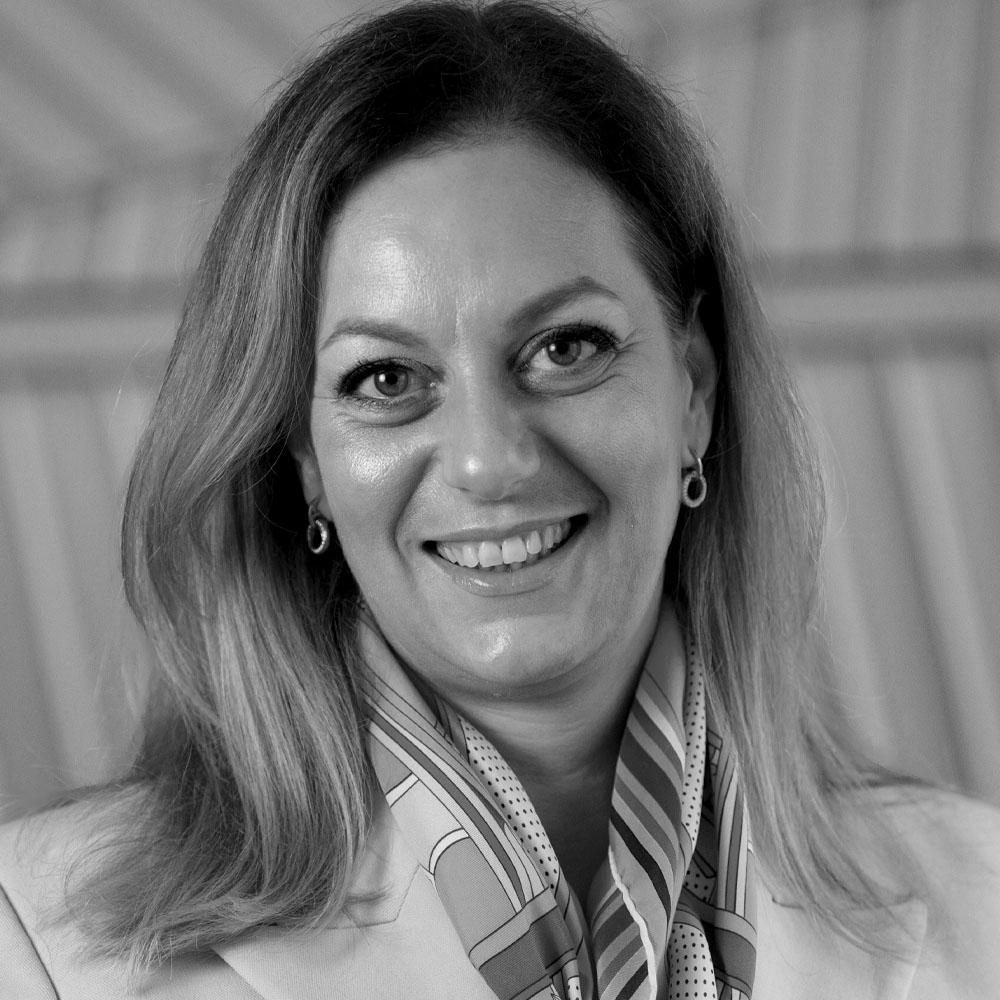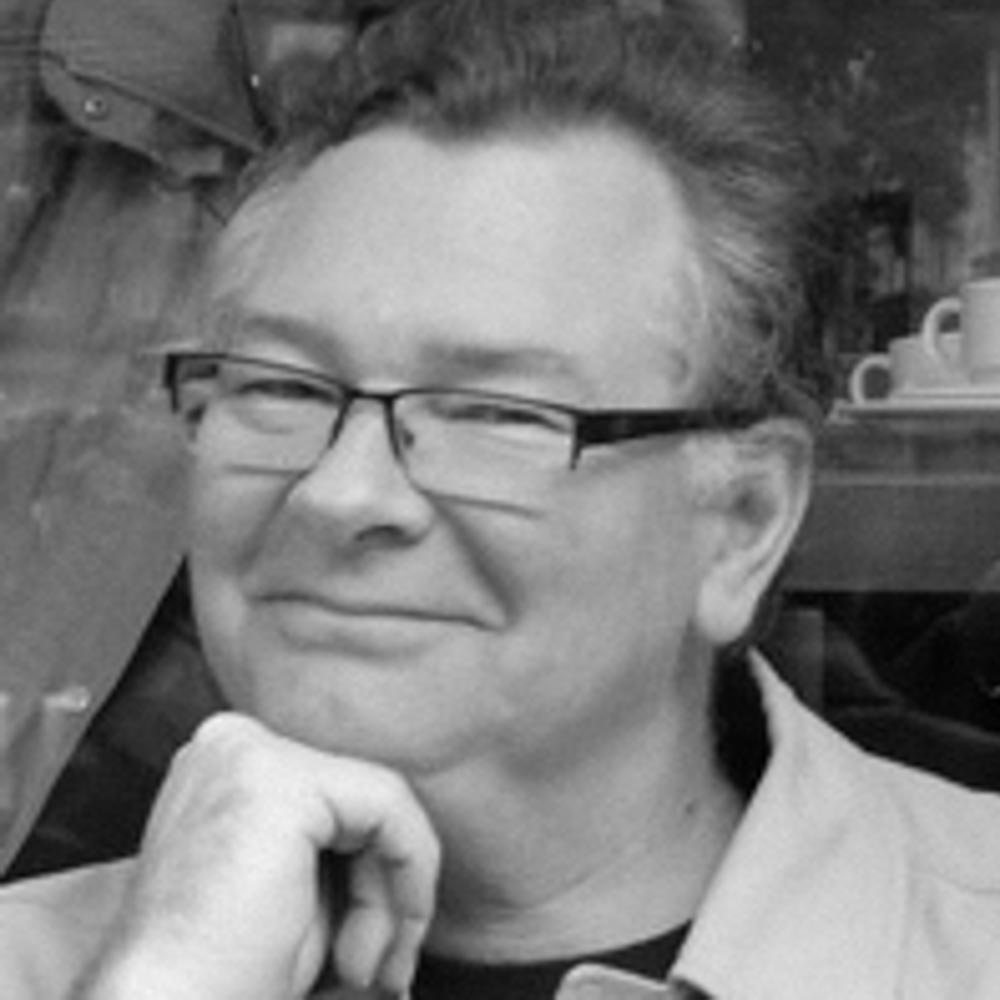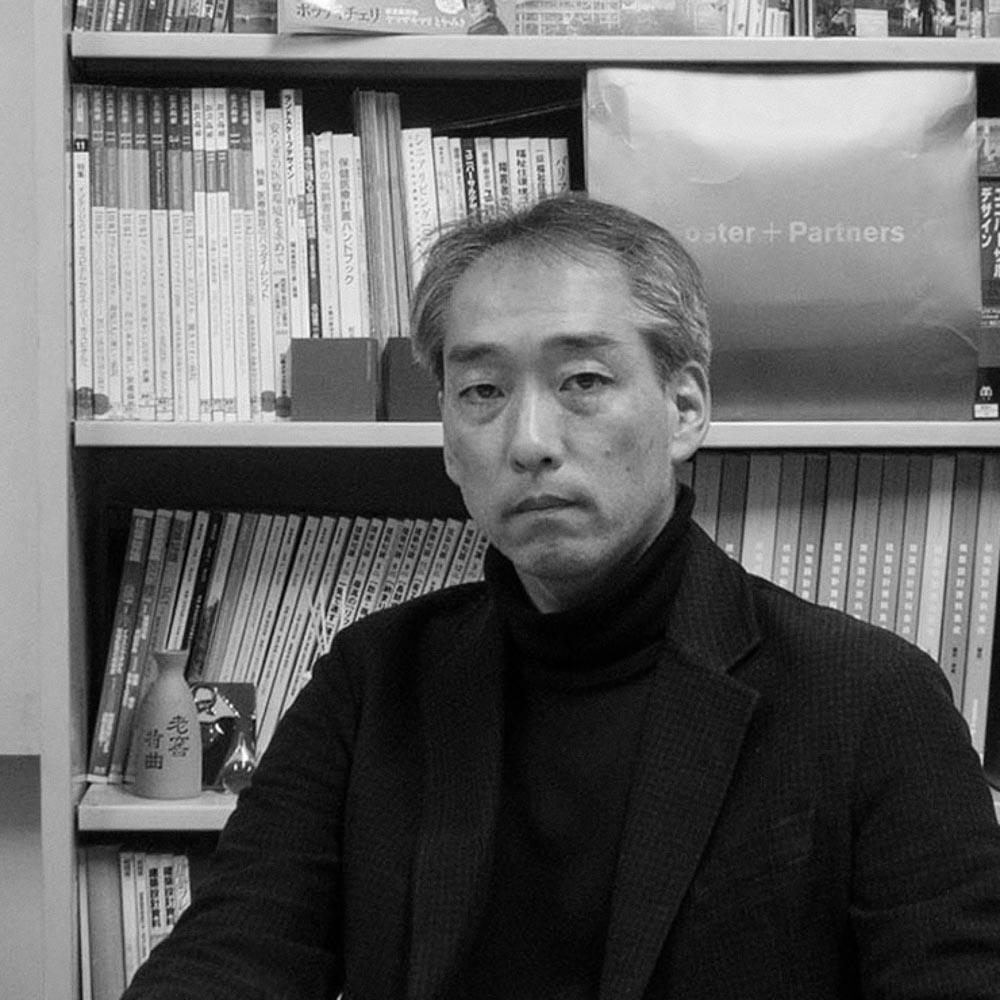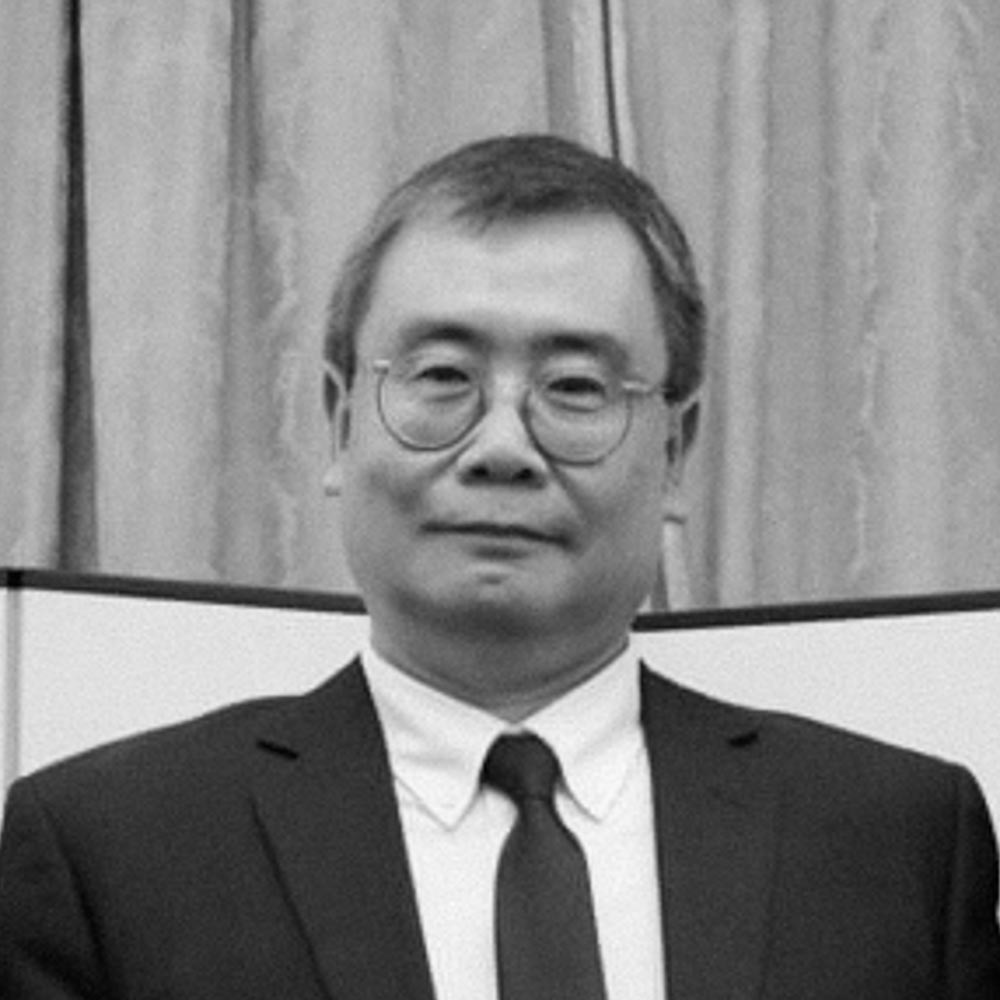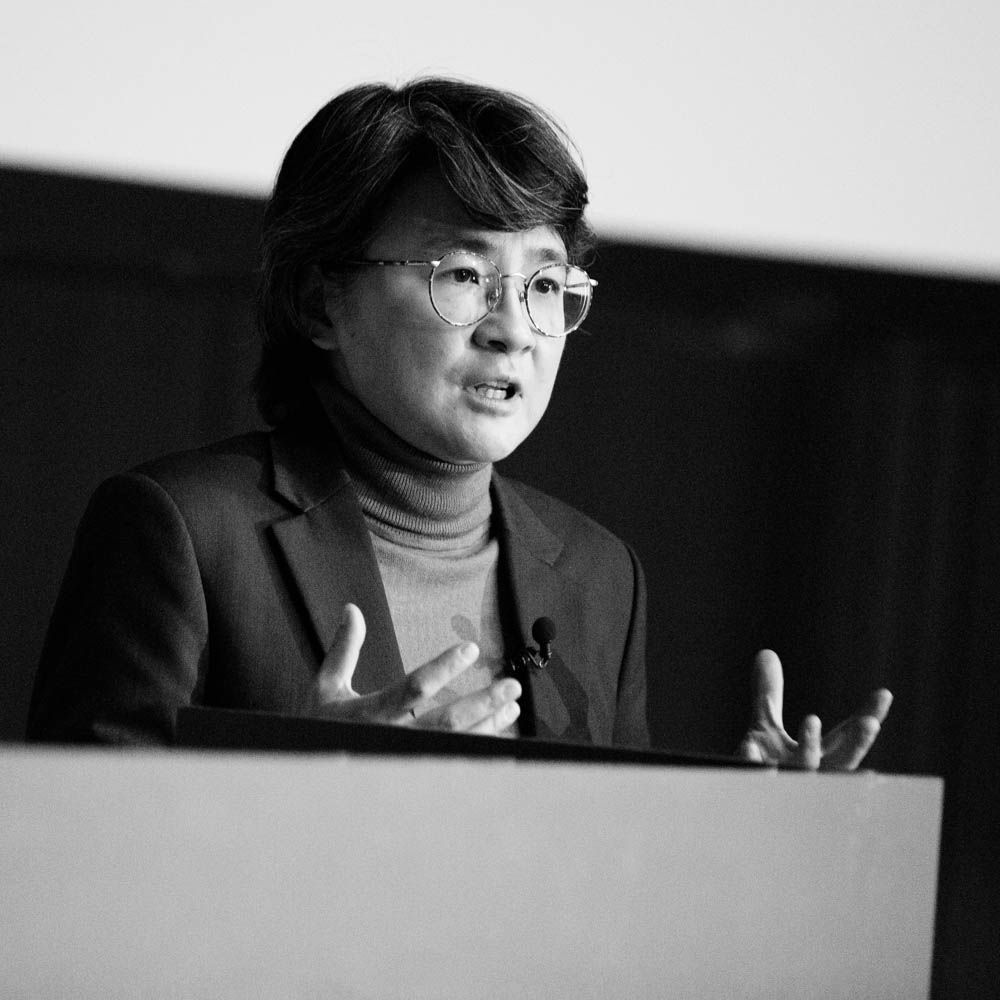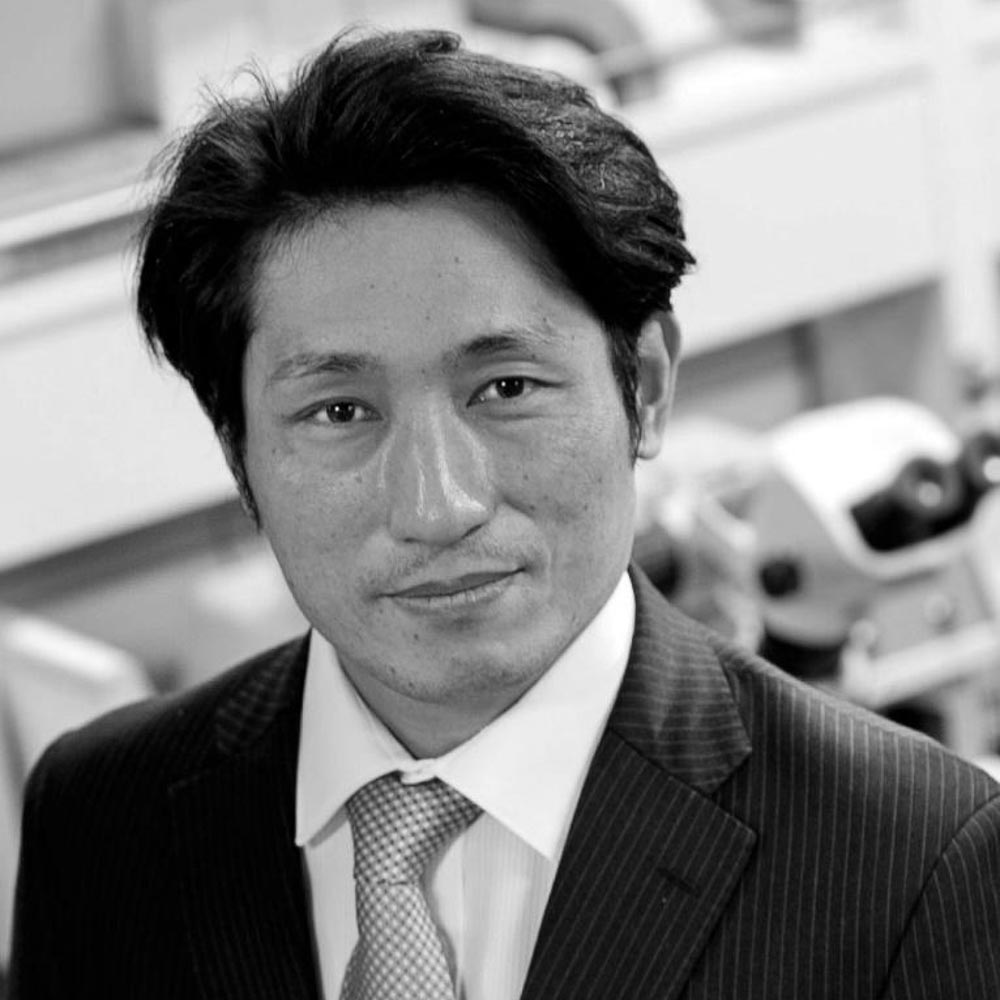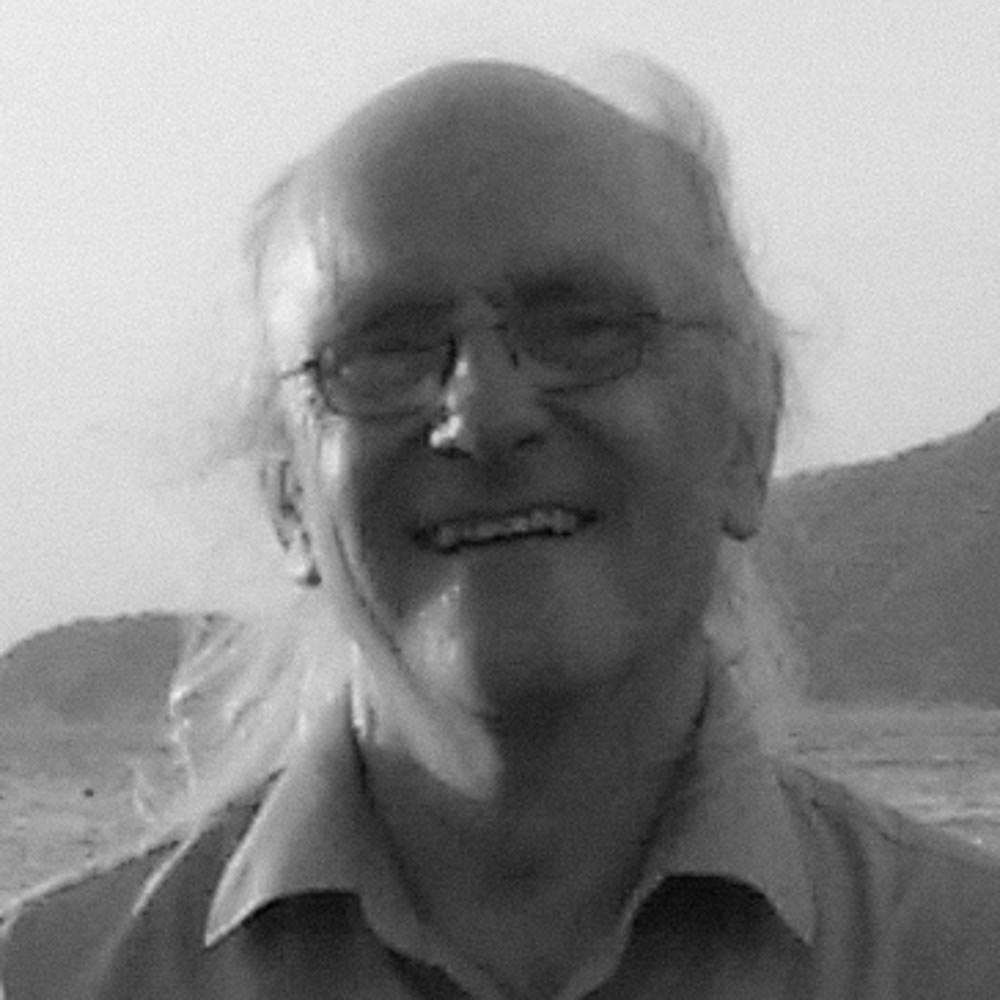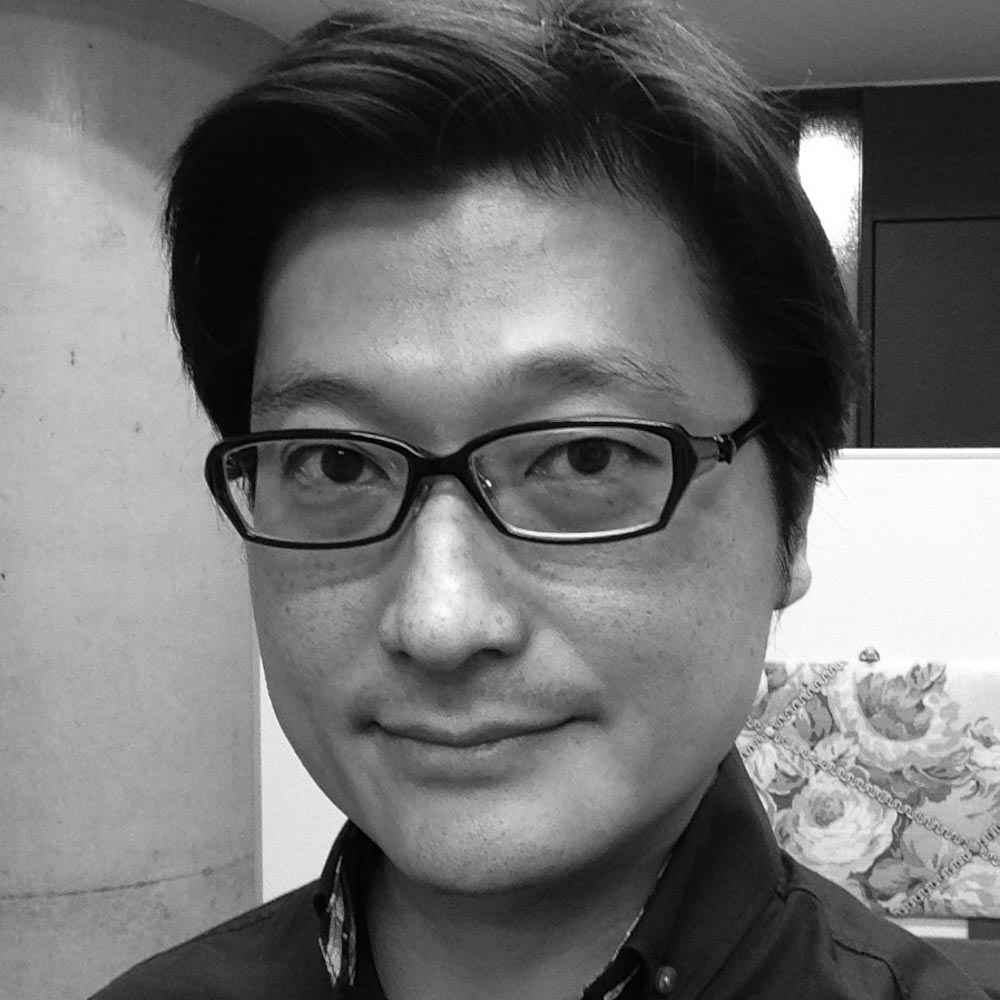The European Conference on Aging & Gerontology (EGen)
December 07-08, 2019 | The Bartlett Real Estate Institute, University College London, London, UK
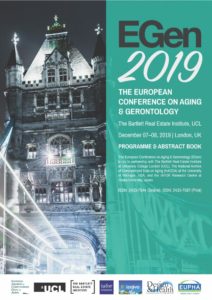 We are very excited to host The European Conference on Aging & Gerontology (EGen2019), the sister conference to The Asian Conference on Aging & Gerontology (AGen2020), which has been held in Japan since 2015. This will be held for the first time in London – one of the world's most important global cities and inside the Bartlett, the world’s leading faculty of the Built Environment.
We are very excited to host The European Conference on Aging & Gerontology (EGen2019), the sister conference to The Asian Conference on Aging & Gerontology (AGen2020), which has been held in Japan since 2015. This will be held for the first time in London – one of the world's most important global cities and inside the Bartlett, the world’s leading faculty of the Built Environment.
This conference brings together all disciplines to discuss in a holistic way one of the greatest challenges humanity currently faces: the ageing of the population. Scholars from practically every discipline are welcomed to bring their perspective, as ageing involves almost all aspects of humanities, science and policy. For this global issue, we have created a global event. We have joined efforts with Osaka University and, specifically, with the IAFOR Research Centre, with the National Archive of Computerized Data on Aging (NACDA) at the University of Michigan, USA and with the support of academic leaders and thinkers from all disciplines from numerous prestigious institutions.
We are honoured and thrilled to have special keynote presentations from Professor Hiroshi Ishiguro (Osaka University, Hiroshi Ishiguro Laboratories), Professor James Barlow (Imperial College London, UK), Professor Paul Higgs (UCL, UK), Professor Nick Tyler (UCL, UK), Professor Haruko Satoh (Osaka University, Japan) and Professor Tsuyoshi Sekitani (Osaka University, Japan) together with other highly prominent academics.
Because both in Bartlett Real Estate Institute (UCL) and at IAFOR, we believe that it is through people coming together that great things happen, we have planned for multiple networking opportunities. These include the welcome reception and conference dinner, among others. With a high volume of thematic streams covering many disciplines such as the built environment, frailty, loneliness, the silver economy, and others, EGen2019 provides a great opportunity for researchers.
EGen2019 Photo Report
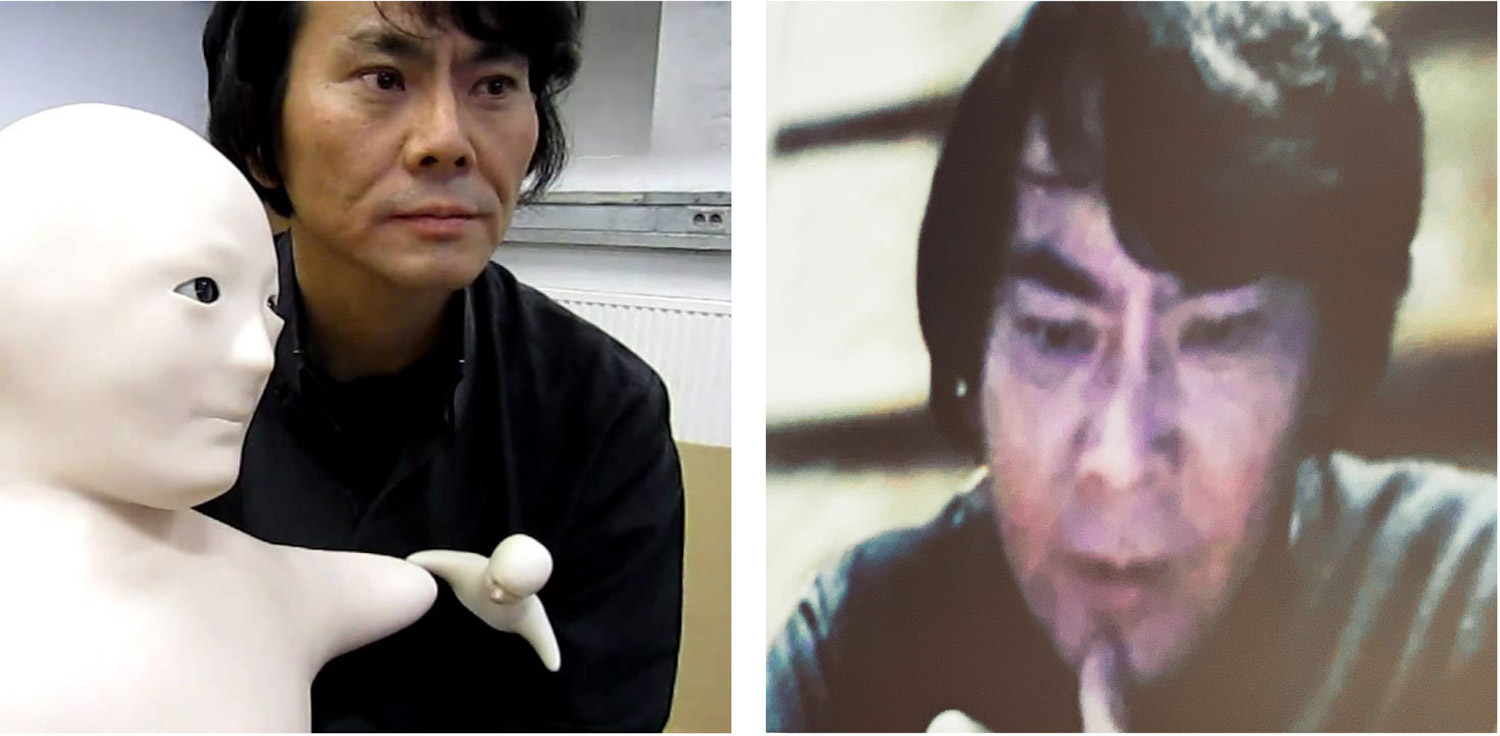
Above: Professor Hiroshi Ishiguro, from Osaka University and Hiroshi Ishiguro Laboratories (Japan), delivers a Keynote Presentation via video. Professor Ishiguro discussed his ground-breaking work in robotics and artificial intelligence and the implications this research has for ageing populations.
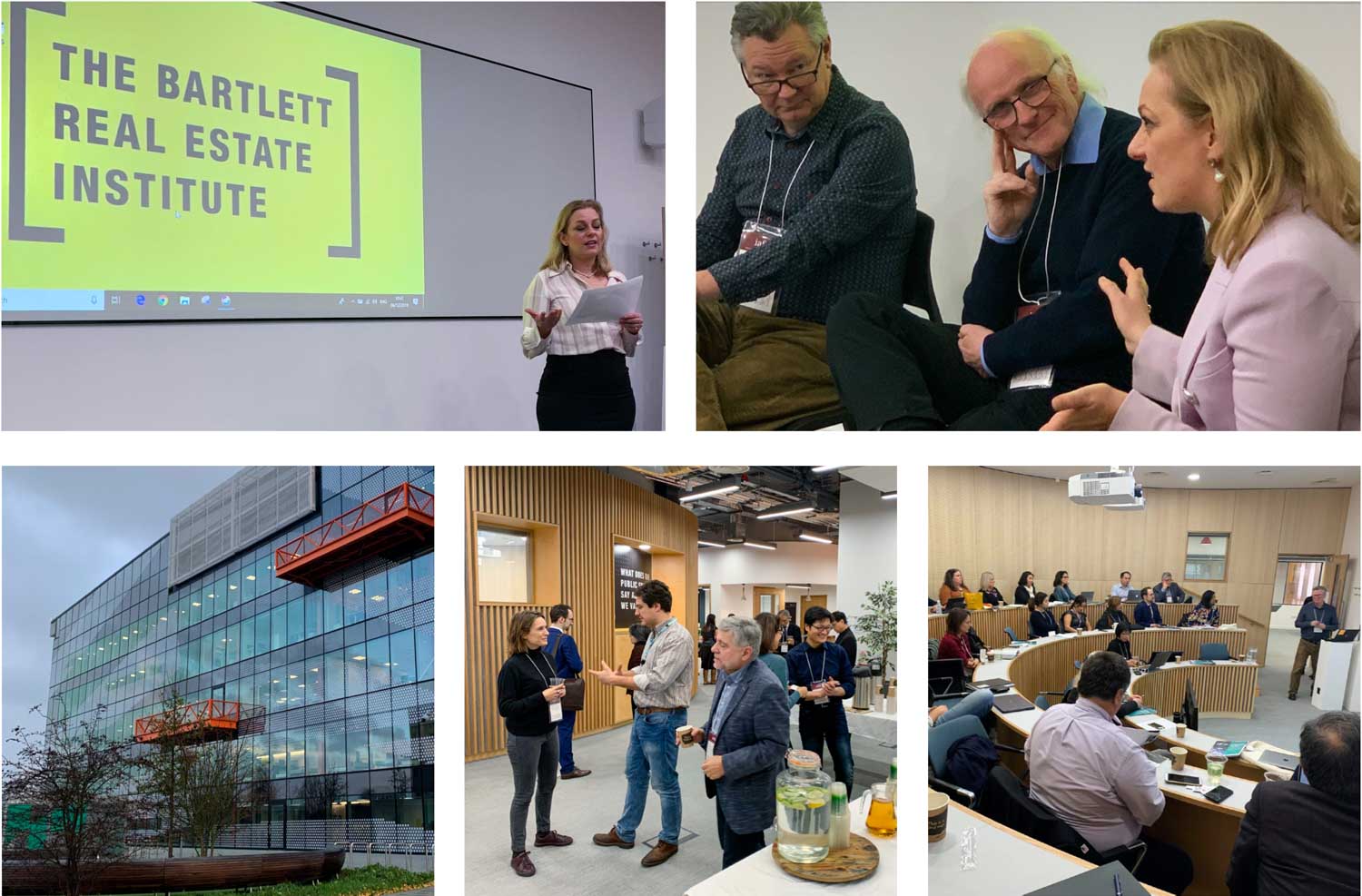
Above, clockwise from top left: Dr Evangelia Chrysikou, from the host university, University College London (UK) welcomes delegates to IAFOR’s first annual European Conference on Aging & Gerontology. Dr Chrysikou moderates the Keynote Panel featuring Professor Paul Higgs (left) and Professor Nick Tyler, both from University College London (UK), as they discuss the issues raised throughout the plenary day and tie together the common themes of the conference. Professor Higgs delivers his Keynote Presentation, titled “The Challenge of the Fourth Age for Ageing Societies”, in which he explores growing disparities in how different sectors of the population face ageing. Delegates enjoy one of the many networking opportunities provided by the conference, discussing the day’s presentations, as well as their own research interests. The Bartlett Real Estate Institute (BREI) at University College London was a fantastic venue for the event.
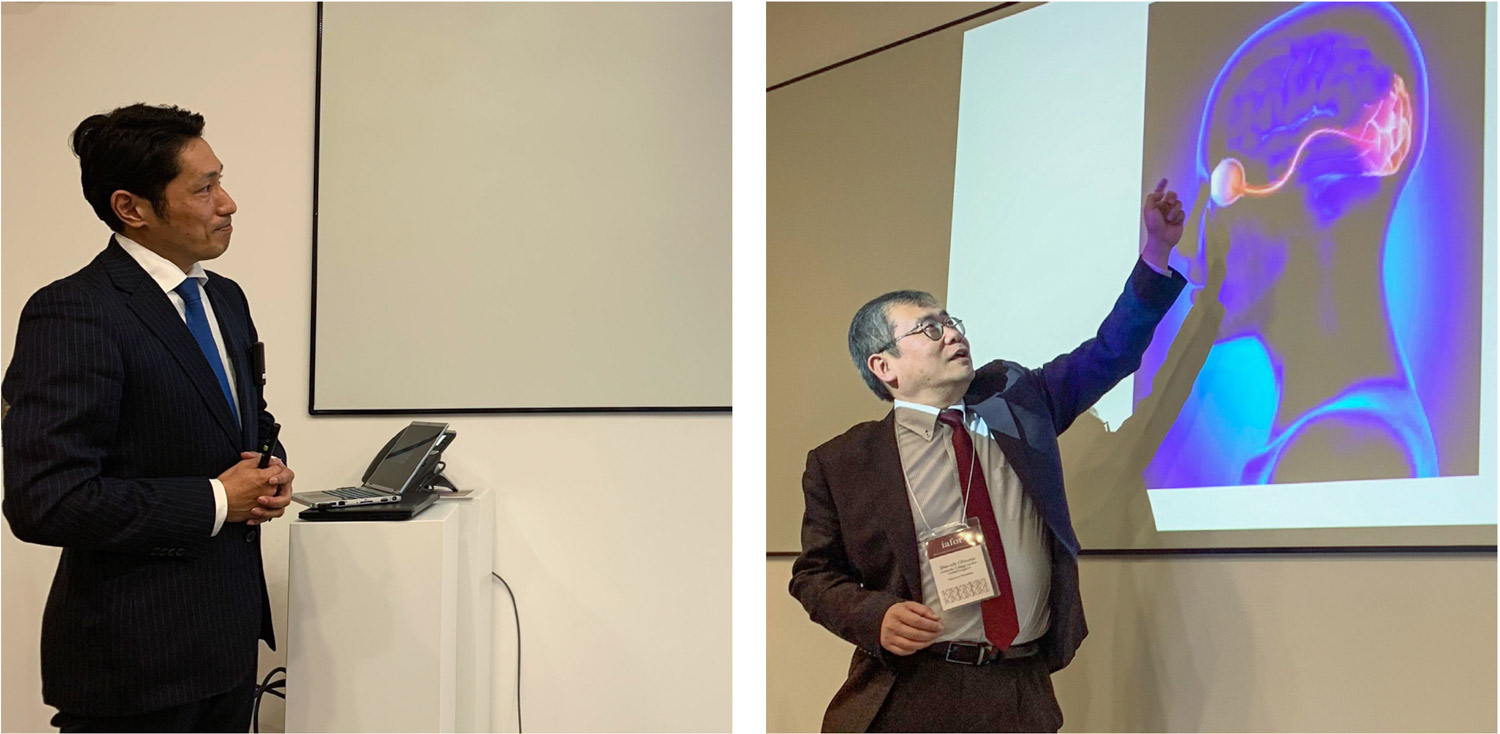
Above left: Professor Tsuyoshi Sekitani, from Osaka University (Japan), takes questions following his Keynote Presentation, “Imperceptible Brain Monitoring System -Patch EEG-”, in which he explains cutting-edge technology in brain monitoring. Above right: Professor Shin-ichi Ohnuma, of University College London (UK), offers comments on the connections between UCL and Osaka University, and how British researchers are contributing to Japan’s attempts to face the issues of an ageing population.
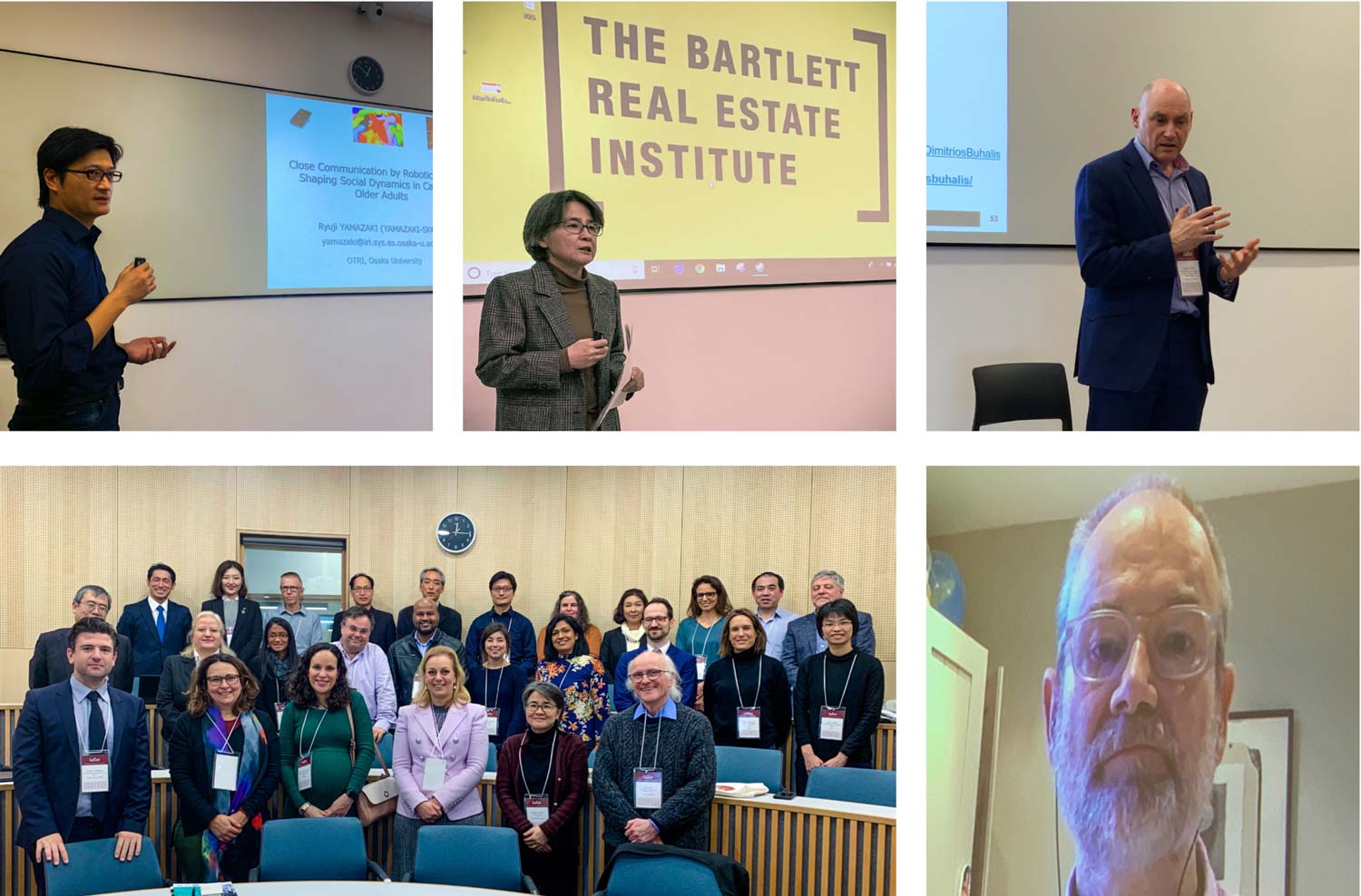
Above, clockwise from top left: Dr Ryuji Yamazaki, from Osaka University and Hiroshi Ishiguro Laboratories (Japan) joined the event on behalf of Professor Ishiguro, and is seen here adding to the video address from Professor Ishiguro. Professor Haruko Satoh, of Osaka University (JAPAN), welcomes delegates on behalf of Osaka University and IAFOR. Professor Andrew Edkins, Bartlett Real Estate Institute, welcomes delegates on behalf of the host, BREI, and University College London. Though circumstances prevented Professor James Barlow of Imperial College London (UK) from attending in person, he shows his commitment to the event by delivering a Keynote Presentation via video address. His presentation, titled “Why Successful Ageing Needs Innovation in the Built Environment”, explores the significant advancements in architecture and engineering to address the needs of ageing populations. A group of speakers, organisers, and delegates take time for a group photo in the midst of a busy day of presentations and discussions.
Special Keynote
Speakers
-
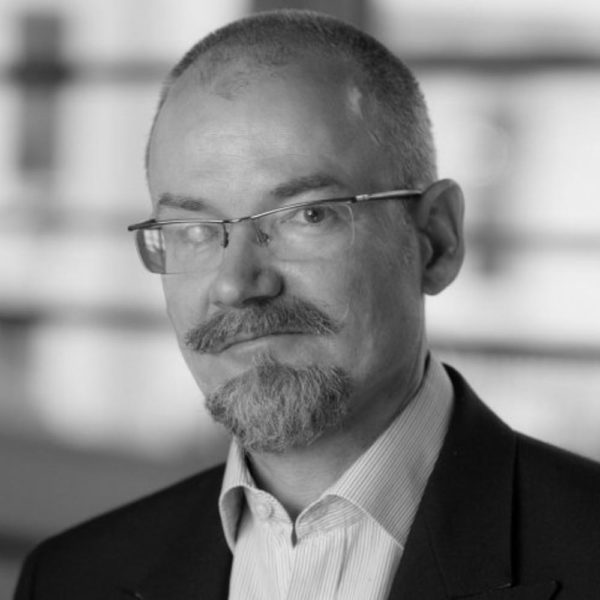 James BarlowImperial College London, UK
James BarlowImperial College London, UK -
 Dimitrios BuhalisBournemouth University, UK
Dimitrios BuhalisBournemouth University, UK -
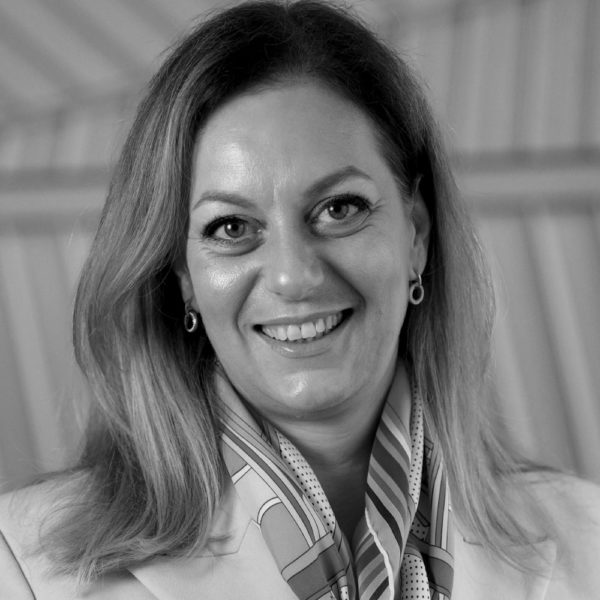 Evangelia ChrysikouUniversity College London, UK
Evangelia ChrysikouUniversity College London, UK -
 Andrew EdkinsBartlett Real Estate Institute, UCL, UK
Andrew EdkinsBartlett Real Estate Institute, UCL, UK -
 Maggie EllisEuropean Knowledge Tree Group for eHealth
Maggie EllisEuropean Knowledge Tree Group for eHealth -
 Joseph HaldaneThe International Academic Forum (IAFOR), Japan
Joseph HaldaneThe International Academic Forum (IAFOR), Japan -
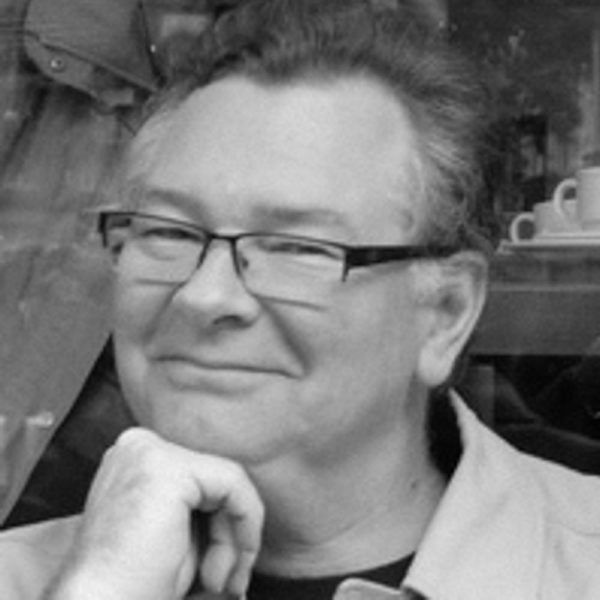 Paul HiggsUniversity College London, UK
Paul HiggsUniversity College London, UK -
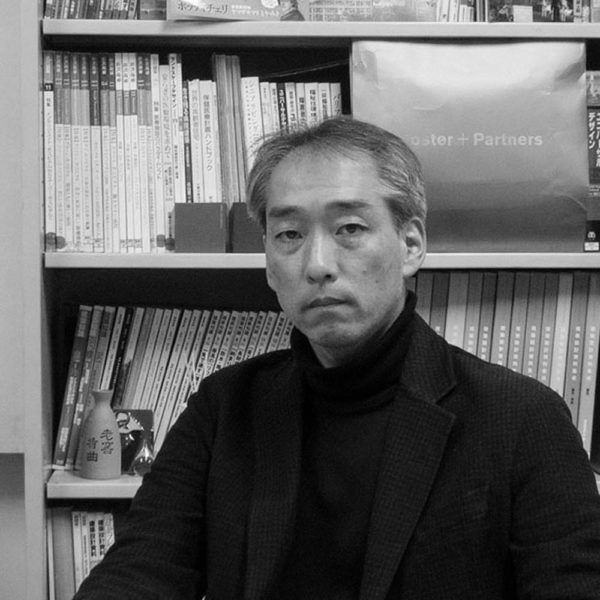 Tadasu IidaOsaka University, Japan
Tadasu IidaOsaka University, Japan -
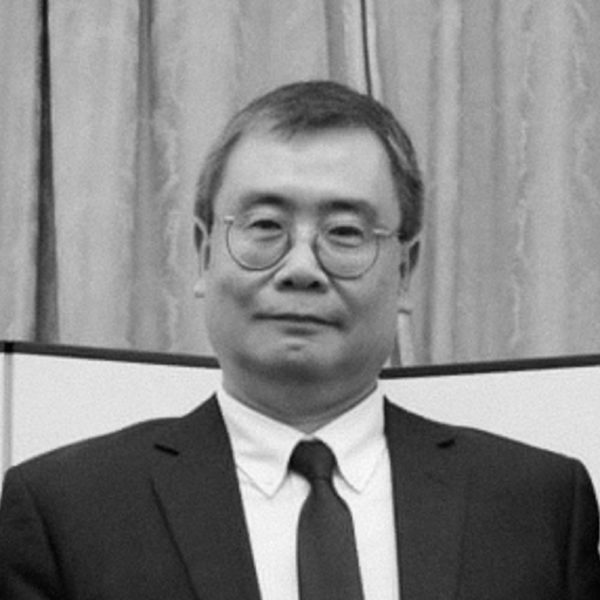 Shin-ichi OhnumaUniversity College London (UCL), UK
Shin-ichi OhnumaUniversity College London (UCL), UK -
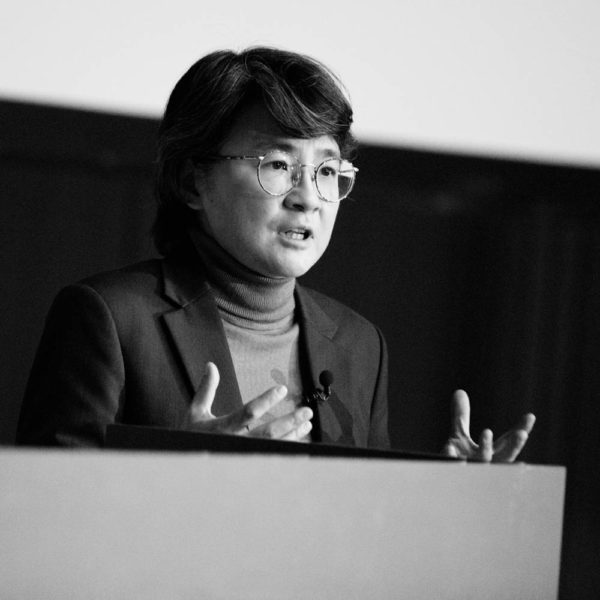 Haruko SatohOsaka University, Japan
Haruko SatohOsaka University, Japan -
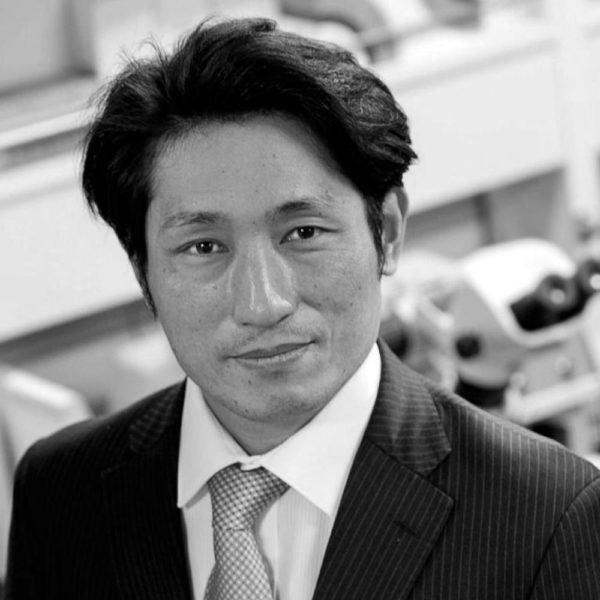 Tsuyoshi SekitaniOsaka University, Japan
Tsuyoshi SekitaniOsaka University, Japan -
 Ian SperoAgile Aging Alliance, UK
Ian SperoAgile Aging Alliance, UK -
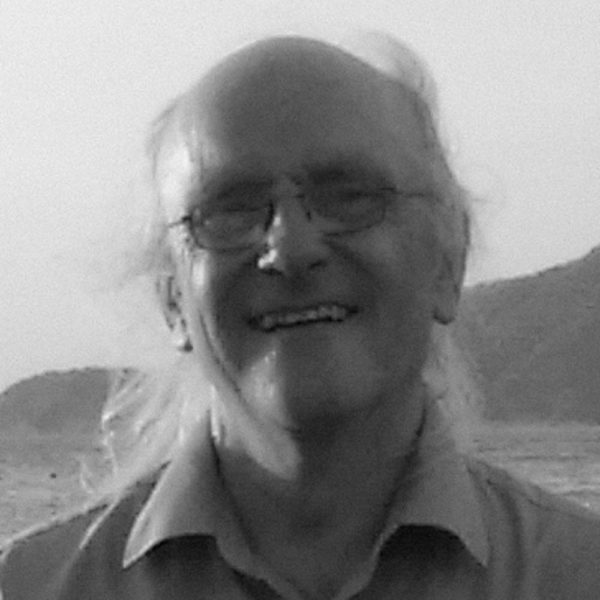 Nick TylerUniversity College London, UK
Nick TylerUniversity College London, UK -
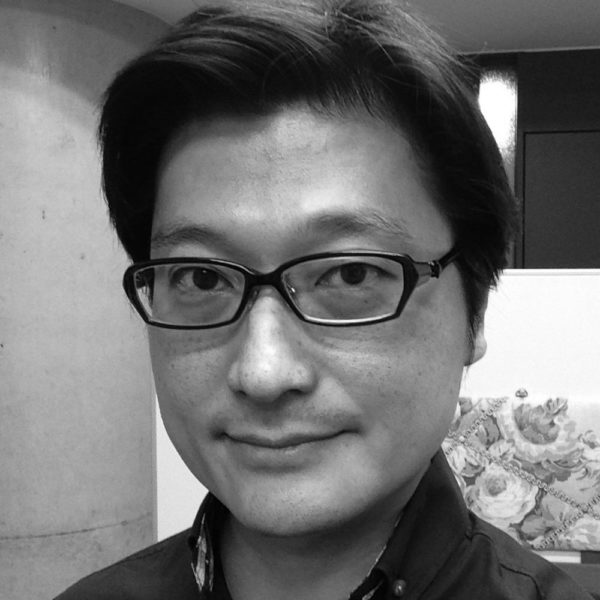 Ryuji YamazakiOsaka University, Japan
Ryuji YamazakiOsaka University, Japan
Programme
-
 Studies on Interactive RobotsSpecial Keynote Presentation: Hiroshi Ishiguro
Studies on Interactive RobotsSpecial Keynote Presentation: Hiroshi Ishiguro -
 Imperceptible Brain Monitoring System –Patch EEG–Keynote Presentation: Tsuyoshi Sekitani
Imperceptible Brain Monitoring System –Patch EEG–Keynote Presentation: Tsuyoshi Sekitani -
 The Challenge of the Fourth Age for Ageing SocietiesKeynote Presentation: Paul Higgs
The Challenge of the Fourth Age for Ageing SocietiesKeynote Presentation: Paul Higgs -
 Conversions of Existing Buildings into Welfare Facilities for the ElderlyKeynote Presentation: Tadasu Iida
Conversions of Existing Buildings into Welfare Facilities for the ElderlyKeynote Presentation: Tadasu Iida -
 “Design shall not wither them…”Keynote Presentation: Nick Tyler
“Design shall not wither them…”Keynote Presentation: Nick Tyler
Organising Committee
Natasha Azzopardi-Muscat, European Public Health Association (EUPHA) & University of Malta, Malta
James Barlow, Imperial College London, UK
Dimitrios Buhalis, Bournemouth University, UK
Stefano Capologno, Politecnico di Milano, Italy
Marcus Chidgey, Loqiva, UK
Evangelia Chrysikou, The Bartlett Real Estate Institute UCL, UK
Alexey Danilov, Sechenov University, Russia
Carina Dantas, Cáritas Diocesana de Coimbra, Portugal
Isaiah Durosaiye, University of Sheffield, UK
Maggie Ellis, European Knowledge Tree Group for eHealth
Jonathan Erskine, EuHPN, UK
Ava Fatah gen. Schieck, University College London, UK
Joseph Haldane, The International Academic Forum (IAFOR), Japan
Paul Higgs, University College London, UK
Anastasia Kalea, University College London, UK
Konstantinos E. Kouskoukis, Hellenic Academy of Thermal Medicine, Greece
Peter McLennan, University College London, UK
James W. McNally, University of Michigan & NACDA Program on Aging, USA
Iveta Nagyova, European Public Health Association (EUPHA)
Shinichi Ohnuma, University College London, UK
Elena Petelos, University of Maastricht, Netherlands, European Public Health Association
Haruko Satoh, Osaka University, Japan
Andrew Sixsmith, Simon Fraser University, Canada
Ian Spero, Founder Agile Ageing Alliance, UK
Eleni Tracada, University of Derby, UK
Nick Tyler, University College London, UK
Chariklia Tziraki-Segal, Hebrew University of Jerusalem, Israel
Willeke van Staalduinen, European Innovation Partnership on Active and Healthy Ageing (EIPonAHA), Netherlands
Antoinette Vietsch, Politician (Former MP), Architect, Healthcare planner
Greg Williams, The University of Manchester, UK
Dineke Zeegers Paget, European Public Health Association (EUPHA)
Event Partners
The European Conference on Aging & Gerontology (EGen) is run in partnership with The Bartlett Real Estate Institute at UCL, The National Archive of Computerized Data on Aging (NACDA) at the University of Michigan, USA, and the IAFOR Research Centre at Osaka University.

Event Supporters

IAFOR Research Centre (IRC) – “Innovation and Value Initiative”
The IAFOR Research Centre (IRC) is housed within Osaka University’s School of International Public Policy (OSIPP), and in June 2018 the IRC began an ambitious new “Innovation and Value Initiative”. Officially launched at the United Nations in a special UN-IAFOR Collaborative Session, the initiative seeks to bring together the best in interdisciplinary research around the concept of value, on how value can be recognised, and measured, and how this can help us address issues and solve problems, from the local to the global.
